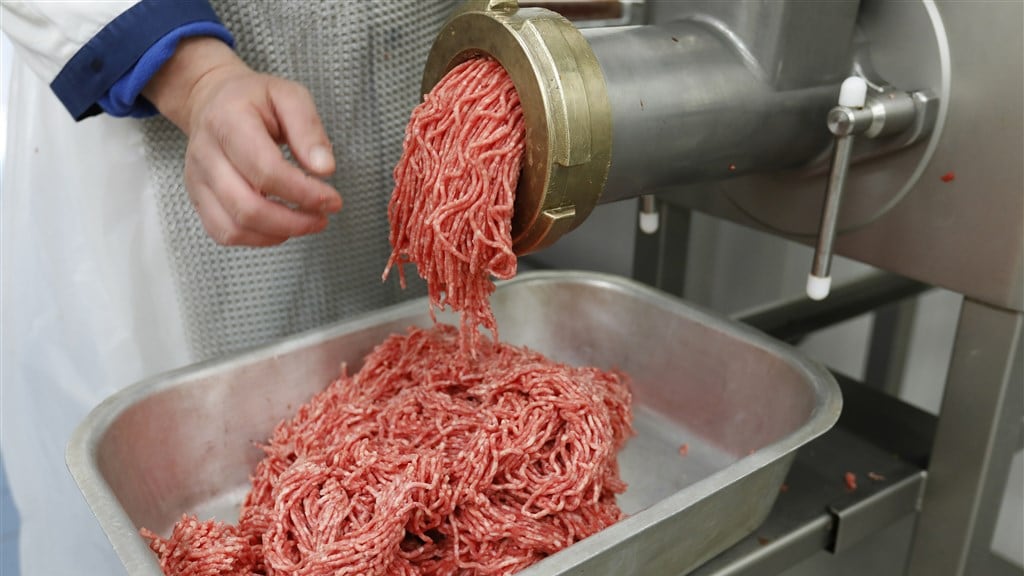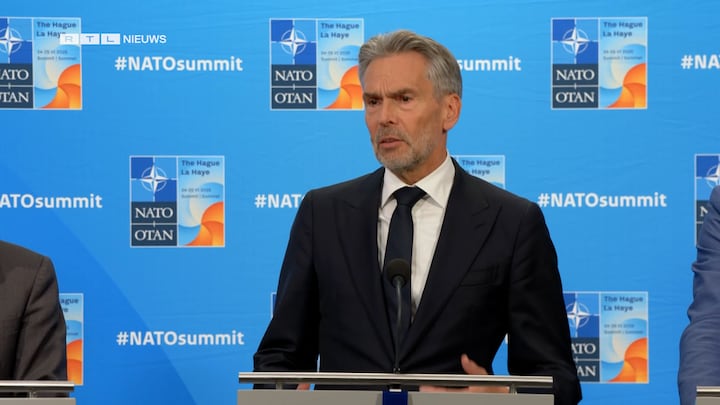Broadcasting ban looms for sectors riddled with abuses: meat sector gets year for improvement


The caretaker cabinet wants a ban on the use of temporary workers in sectors where there are many abuses, such as the meat processing industry. The measure must be completed in a year. If no improvement is visible in the sector by then, a ban seems inevitable.
In the meat sector, there is 'demonstrable systematic and widespread abuse', according to a study commissioned by the government. But there are also risks of violating labour laws in other sectors, it turns out. Things are not always going well in the cleaning, transport and cultivation sectors either.
Relatively many migrant workers work in these sectors.
The Labour Inspectorate inspected 1,304 employment agencies between 2020 and 2022. In 837 cases (67 percent), a violation was found.
BanCaretaker Minister Van Hijum demands rapid improvement. He will enter into discussions with the sectors to achieve this, but no longer wants to wait for something to happen automatically. In the meantime, he is also preparing measures. Sectors where 'demonstrably systematic abuses occur and no improvement can be seen' will no longer be allowed to use temporary workers. They will therefore have to hire employees.
The possible ban on temporary employment if the abuses continue to exist is to keep a stick behind the door, says Van Hijum, so that the sector will do better. Van Hijum really sees it as a 'final warning'. "It is really of great importance that an end is put to the abuses and exploitation of temporary workers."
The call for a ban had been growing for a long time. In March, for example, RTL Nieuws reported on the call by the FNV trade union and FairWork, which supports foreign victims of human trafficking and labor exploitation. Stories about abuses involving migrant workers in the meat sector in particular regularly surface.
The Labour Inspectorate also sees them often, said director of supervision Marijke Kaptein in an interview with RTL Nieuws. "The meat processing industry is a sector where there are many abuses. The stories that you hear, read, see and that we encounter, there are really very distressing cases among them."
When the sector has to employ more people, the number of abuses will decrease significantly, Van Hijum expects. Because the fact that these abuses exist cannot be denied. "It is not about a single company, it is very widespread."
The Central Organisation for the Meat Sector (COV), which represents the interests of employers in the Dutch meat sector, is not in favour of a ban. The sector is 'too dependent' on temporary workers, they say: only one third of all employees are employed. A ban on the use of temporary workers would bring the entire chain to a standstill and make meat more expensive, according to the COV. "Dutch people do not want to do this work," according to a spokesperson for the advocacy group. "It is hard work in a cold environment."
Many abuses occur in the dealings with migrant workers. For example, this Romanian migrant worker was forcibly evicted from his home at the end of March:
RTL Nieuws








